“Stop Yelling at Me!” – Why You May Hear This From Your Autistic Loved One When You Haven’t Raised Your Voice
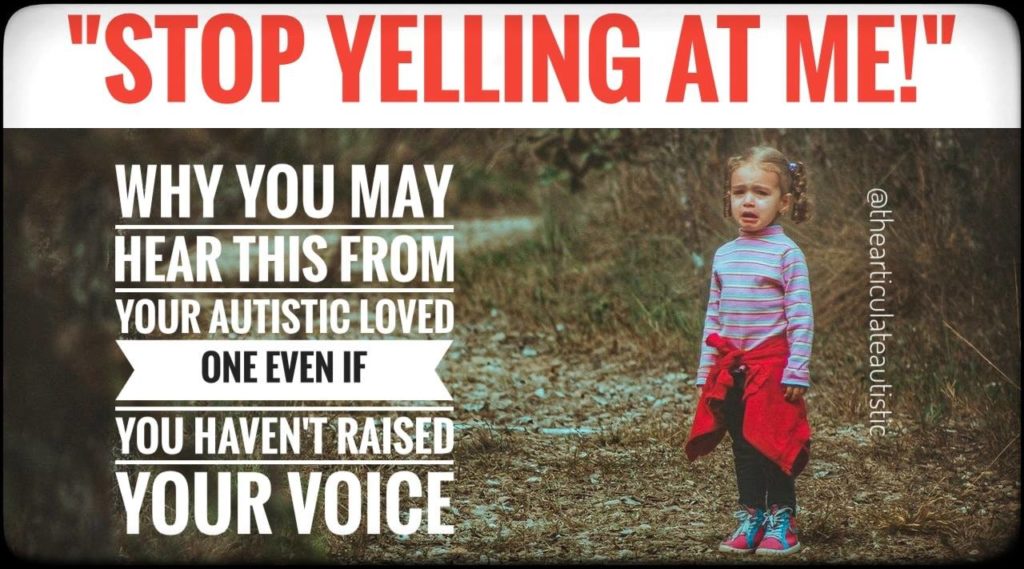
Has your autistic loved one ever said “Stop yelling at me!” when you haven’t raised your voice?
I’ve done that many times. “Yelling” to me, for a very long time meant any tone or energy I coming from another that made me feel as though the person speaking was getting even slightly frustrated with me.
They weren’t yelling with their words, but their energy was, and that scared me. It took me a long time to understand how to explain tone of voice or make statements like, “You sound frustrated”, instead of just going rigid with fear.
(Article continues below.)
The best way to improve communication with your autistic loved one is to understand how your autistic loved one’s mind works! Intentions, motivations, and personal expressions (facial expressions or lack thereof, body language, etc.), are often quite different in autistic people than they are in neurotypical people.
Experience a better understanding of your autistic loved one by reading books about life from an autistic perspective as well as stories that feature autistic characters. You’ll have so many “Ah ha!” moments and start seeing your autistic loved one in a different light (and you’ll have a better understanding of their behaviors, which you may have been misinterpreting up until now).
Books I recommend for a better understanding of your autistic loved one:
So, if your autistic or otherwise neurodivergent loved one is becoming emotional and telling you to stop yelling, think about what you’re feeling in that moment.
Are you really frustrated but trying to control it? Did you have even the most fleeting thought of throwing something or getting otherwise physical in your expression of anger? If so, many autistics, especially traumatized autistics, will pick it up faster than you will and react.
In the moment, it may seem like an overreaction, but this fear is very real.
For me, if I hear even a slightly frustrated tone, my body immediately reacts as though an 800-pound bear has just come barrelling out of the woods hellbent on eating me.

Dialectical behavior therapy (DBT) has really helped curb the expression of these reactions and the emotions that go with them, but it still happens; that feeling of absolute panic in my gut.
Follow me on Instagram.
Want downloadable, PDF-format copies of these blog posts to print and use with your loved ones or small class? Click here to become a Patreon supporter!

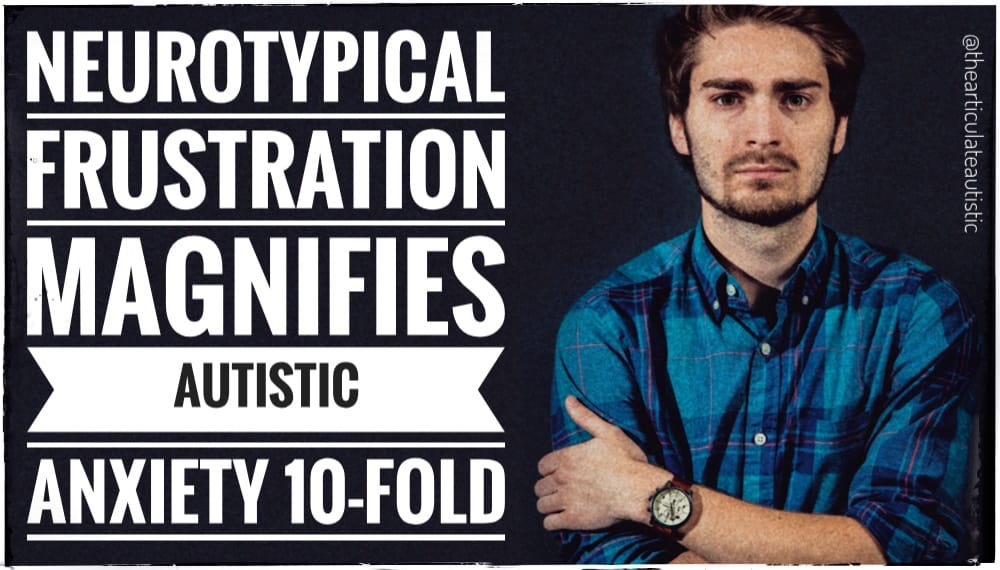

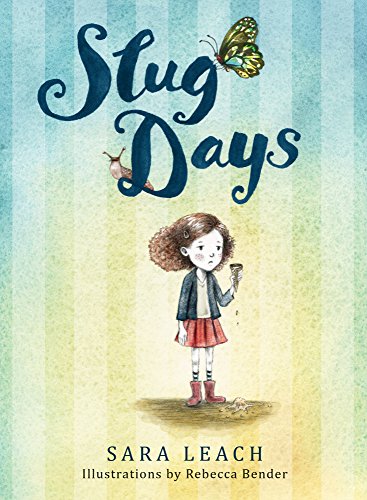

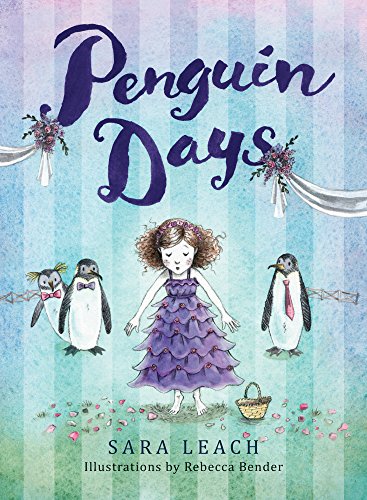
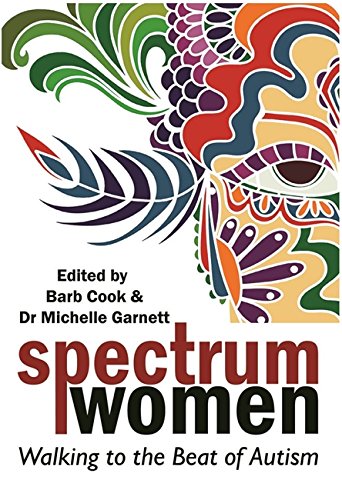
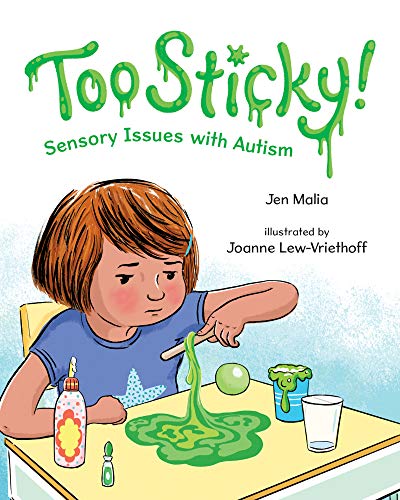




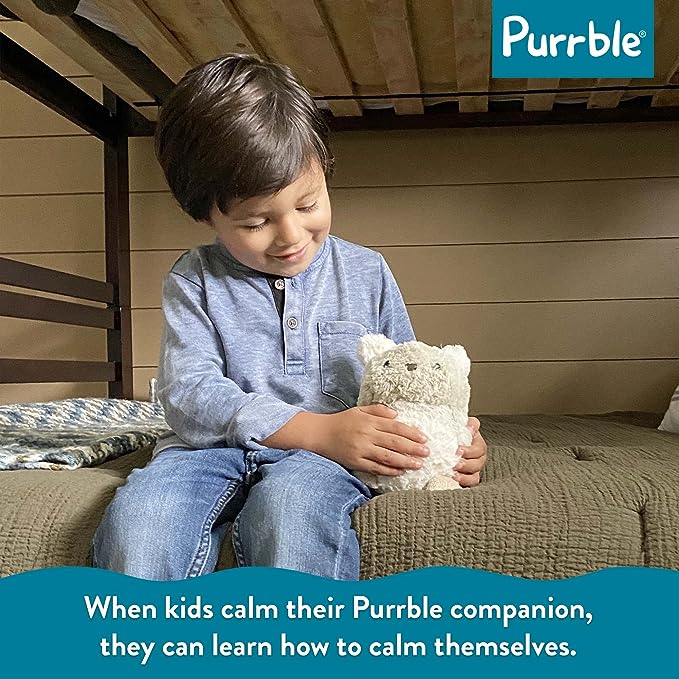
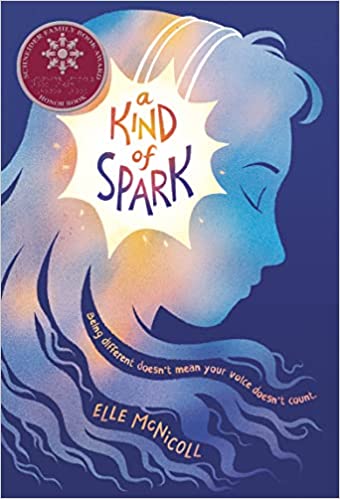




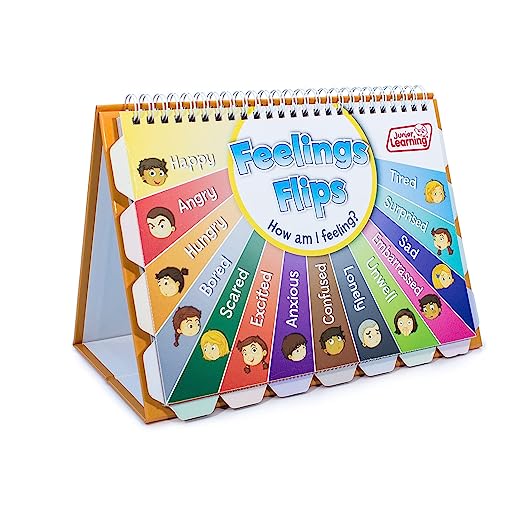
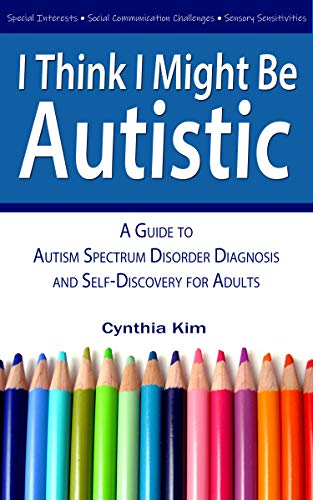
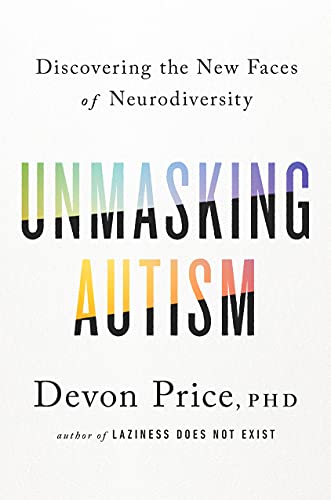
I thought this was a neurotypical idiom??? Weird..
I’m not sure I understand?
I want to start by saying both myself and my ex-partner are formally diagnosed autistic. I am proudly autistic but he is ashamed and usually denies his formal diagnosis despite many professionals confirming it.
He has accused me of frequently “yelling at” him and therefore being “abusive” but the reality is it’s in situations where HE is frustrated, angry, has aggressive thoughts of throwing things, punching walls, and even at times punching me (hence why he is an EX-partner). The frustration that leads him to accuse me of having “yelled at” him is his own frustration. Sometimes it was if I tried to raise topics he didn’t (ever) want to discuss like his total control of our finances or his unaddressed episodes of aggression and violence, that is issues that couldn’t be ignored as it was seriously harming me, but other times, as simple as saying hello as he entered the house if he’d had a bad day at work or similar, or if he yelled something I didn’t hear and I asked him what he said, would lead him to fly into a rage and accuse me of yelling at him.
I’m well aware that what he did to me was abuse. I’m not defending that, but we share children who are now facing the same treatment and he convinces others that was the victim in the relationship by telling other people he suffered “verbal and emotional abuse” with accusations that I “yelled at him all the time”. There was no yelling on my end – the accusations of “yelling” came from his own state of mind/mood at the times he accused me of yelling. Because he is very quiet when not in a bad mood, most people refuse to believe he can be angry and aggressive (and violent) unless they’ve seen it first hand.
The children and I have attempted to tell the authorities but we are still forced into a shared custody situation. The children aren’t old enough to record his outbursts and I don’t want him to get in trouble from police for what are essentially autistic meltdowns, albeit violent and dangerous meltdowns (he’s injured the kids with minor injuries several times and caused me some serious injuries) and it’s not like the police listened when the kids and I tried to report the serious episodes of violence anyway.
So can you suggest some strategies to make him see that no one is “yelling at” him, that his view that they are is a function of his own frustration?
That sounds like a terrible situation. I’m really sorry you and your children have to deal with that. I wish I could offer you advice on how to convince him that you’re not yelling. It’s almost impossible to do that for someone who has been (it sounds like) DEEPLY traumatized in his past. I’m not making excuses for his behavior, either, but I definitely think he needs counseling. Sometimes, “yelling” really is about energy, intention, and tone of voice. If you’re anything like me as an autistic person, you may have a flat or monotone voice and not even realize it, and he, for some reason, perceives this tone as a threat. Not to say he should be doing anything violent in response to it, but that could be the explanation. I truly wish I could help you further. I hope you and your children stay safe. You deserve peace.